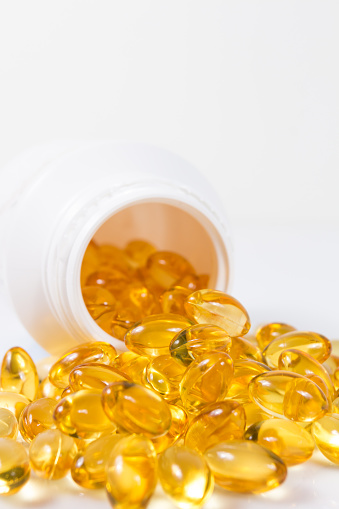According to a new study from The Children’s Hospital at Montefiore (CHAM), published in The Journal of Pediatrics, adult-sized teens with vitamin D deficiency benefit from adult treatment dosages of vitamin D3.
This eight-week randomized clinical trial of treatment of vitamin D deficiency with cholecalciferol (vitamin D3) in predominantly Hispanic and black adolescents, of which 33 percent were obese, showed that adult-sized adolescents benefited from doses of vitamin D3 based on adult treatment recommendations as compared to current recommendations for children and adolescents.
The trial compared two high-dose treatment regimens and one low-dose regimen. Response to both high-dose regimens were effective in raising levels of 25(OH)D out of the deficient range (≥20ng/mL), whereas a low-dose regimen of 1,000IU daily was much less effective. After eight weeks of treatment, none of the adolescent participants had toxic levels of 25(OH) D and many, even in the high-dose arms, still had not achieved vitamin D sufficiency (≥30 ng/mL). A critical additional finding was that obese participants had little more than half the mean change in their vitamin D level after treatment as compared to normal-weight participants and therefore require even higher dosing or longer duration of treatment.
Researchers believe that this study may have potential implications for addressing health disparities prevalent among Hispanic and black adolescents.
“Based on our results, we would encourage clinicians caring for older children with a vitamin D deficiency to treat with higher total doses of vitamin D3, especially if the youth is obese. This is especially relevant for treating our patient population here in the Bronx, NY as well as for many other communities throughout the U.S.,”says Hina J. Talib, M.D., attending physician, CHAM and assistant professor of pediatrics, Albert Einstein College of Medicine.
The Endocrine Society’s current recommendation for children ages one to 18 years with vitamin D deficiency is six weeks of treatment with either ergocalciferol (vitamin D2) or D3 at doses of 50,000IU/week or 2,000IU/day. For adults (18+) with a vitamin D deficiency, the recommendation is eight weeks of 50,000IU/week or 6,000IU/day. In their guidelines, the Endocrine Society acknowledges that clinical trials are needed to better inform recommendations across age and weight groups.









